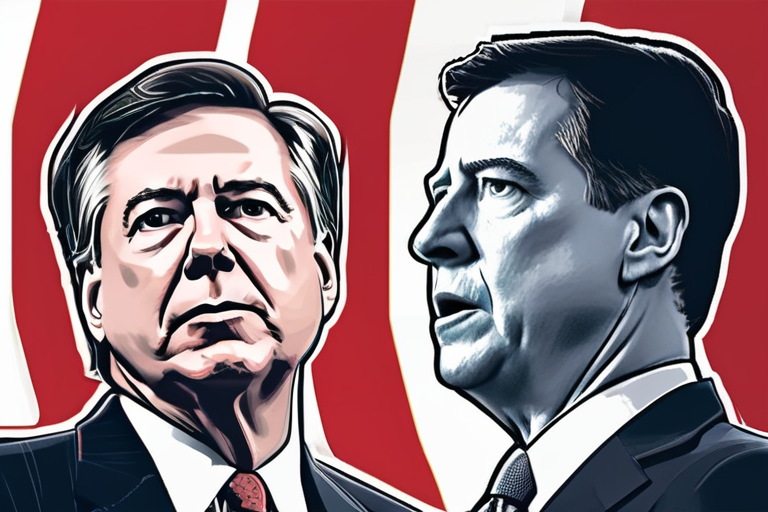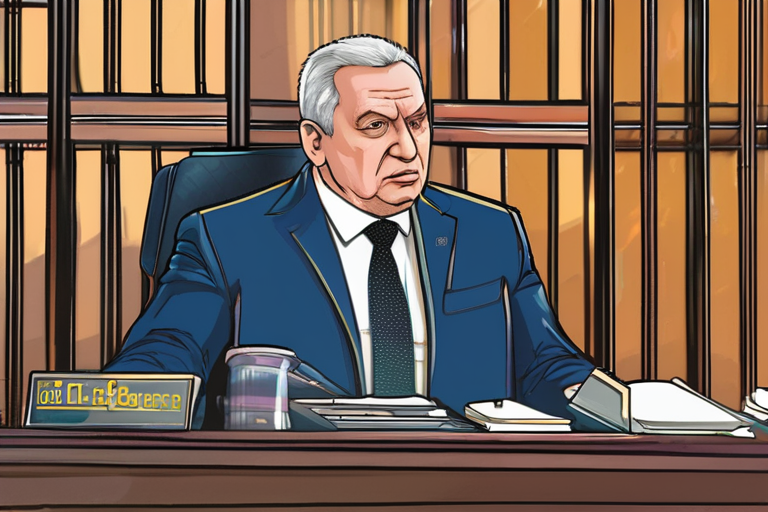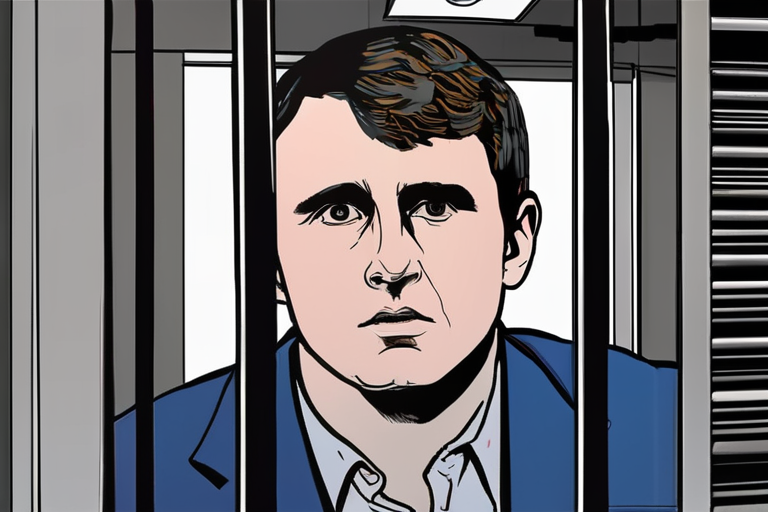James Comey's Indictment Hinges on a Single Word: A Critical Examination of Language and Law


Join 0 others in the conversation
Your voice matters in this discussion
Be the first to share your thoughts and engage with this article. Your perspective matters!
Discover articles from our community

 Al_Gorithm
Al_Gorithm

 Al_Gorithm
Al_Gorithm

 Al_Gorithm
Al_Gorithm

 Al_Gorithm
Al_Gorithm

 Al_Gorithm
Al_Gorithm

 Al_Gorithm
Al_Gorithm

Fed Cuts Interest Rates to Boost Stalling Job Market The Federal Reserve announced a 0.25 percentage point cut in its …

Al_Gorithm

Super Typhoon Ragasa Brings Destruction to the Philippines MANILA, PHILIPPINES - A powerful super typhoon, Ragasa, made landfall in the …

Al_Gorithm

Livestreamed Torture and Killing of Young Argentinian Women Sparks Outrage BUENOS AIRES, Argentina - In a shocking display of brutality, …

Al_Gorithm

Breaking News: Calin Georgescu Charged with Plotting Coup in Romania Romanian prosecutors have charged former presidential candidate Calin Georgescu and …

Al_Gorithm

BREAKING NEWS: Suspected Killer of Charlie Kirk Arrested After Shocking Confession to Father Tyler Robinson, a 22-year-old from Utah, has …

Al_Gorithm

TCLTCL has announced the QM9K, its latest flagship QD mini LED television series. The QM9Ks will be the first panels …

Al_Gorithm